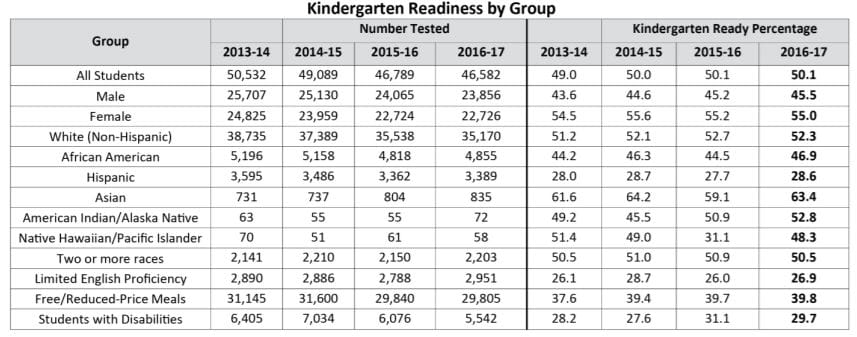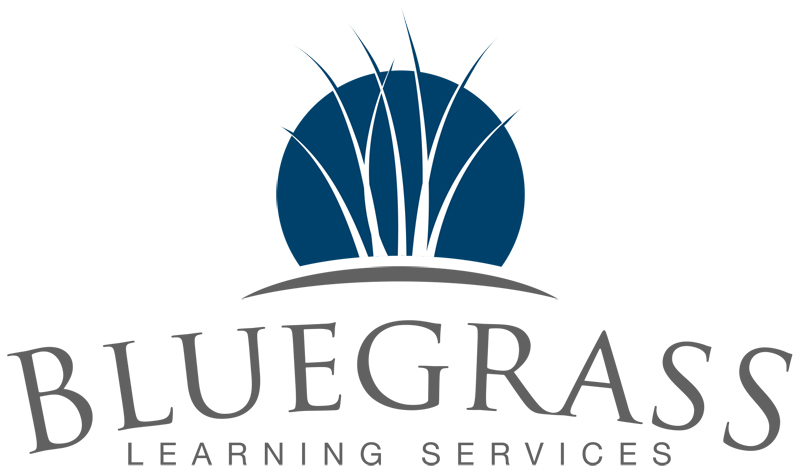
Now buckle up while I say the same thing again.
This paragraph is written on a college level. It was analyzed using a readability calculator that assigns a Flesch-Kincaid grade level equivalency and it scored a 14. Actually, it came in at 14.1, which is higher than the college and career readiness benchmark for graduating seniors, but rounding it down to 14 is adequate for our purposes. The remaining information in this paragraph addresses the importance of writing so family members understand your communications. While it is essential for educators to provide letters, documents, forms and tip sheets to parents, guardians and caregivers, while doing so they must remember to write at an appropriate level. If you compose these documents at a level which is too high for the average reader, you should realize that many family members will find it difficult to understand your message.
Do the above paragraphs basically say the same thing? Unfortunately, most school documents for families sound like the second paragraph. Research from the US Department of Education suggests up to 85% of parents may struggle to understand content written at that level.
We know how important it is for families to be 'involved,’ ‘engaged,’ or ‘empowered.’ We even know what type of parent involvement is most effective. Student performance increases when parents set high expectations and work on learning activities at home.
So why do parents struggle to do these two things?



 RSS Feed
RSS Feed
